| Speaker | Biography |
Biswajit Basu

| Biswajit Basu is the Chair Professor of Computational Dynamics in the School of Engineering at Trinity College Dublin and a member of Trinity Quantum Alliance. Professor Basu is a world acclaimed authority in structural heath monitoring. His work is distinguished in terms of merging of experimental and data-driven modeling, creating practical algorithms deployable in real-time, leveraging advanced signal processing (wavelets, kurtosis, phase-space) and innovative non-invasive damage detection techniques. He is currently developing algorithms for quantum computing with applications in solving PDEs, machine learning (for structural health monitoring), optimisation and security. Professor Basu has been a Visiting Professor at Rice University, USA; a Guest Professor in Aalborg University, Denmark, a Senior Marie Curie Fellow in Plaxis BV, Netherlands and a Visiting Researcher at Newton Institute, University of Cambridge. He has received several notable awards, including President of Ireland EU FP7 Research Champion Award in 2013, the Phil Doak Award from the Institute of Sound & Vibration Research, Southampton in 2015 (named after the founding editor of the Journal of Sound & Vibration) and Kobori Award on Structural Control in 2014 from the International Association of Structural Control and Monitoring. He has published over 300 peer reviewed papers and has advised 36 doctoral students to completion. |
Manoj Gupta
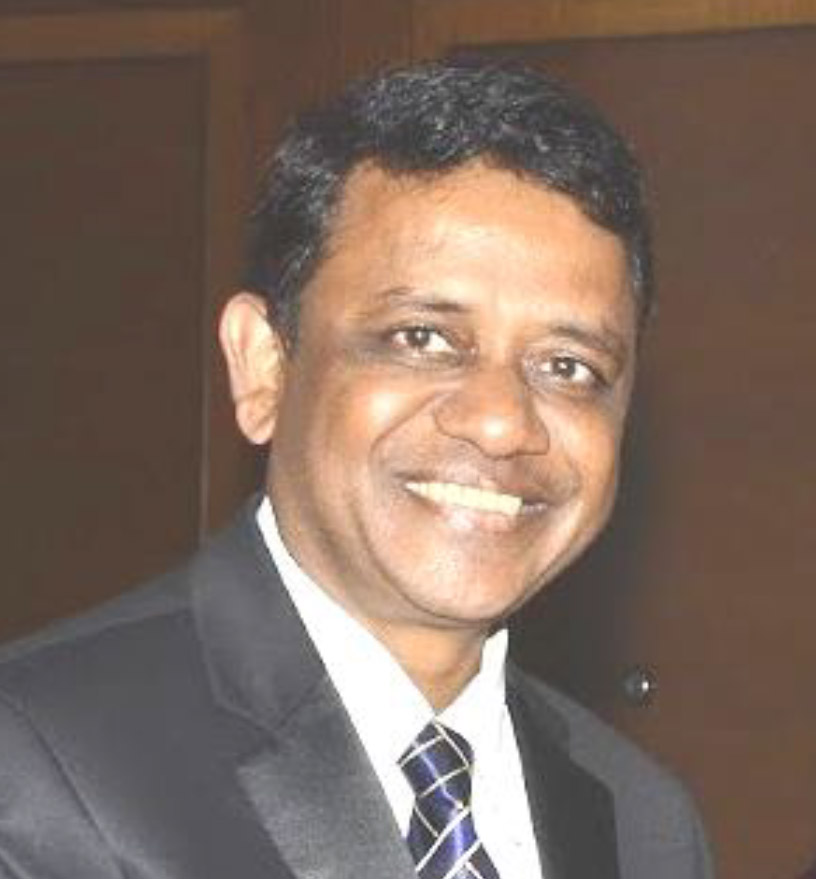
| Provost Chair Professor Manoj Gupta was a former head of materials division of the mechanical engineering department. He did his PhD at the University of California, Irvine, USA, in 1992 and postdoctoral research at the University of Alberta, Canada, in 1992. He has worked for about 40 years in the area of metallic materials with particular focus on metallic composites of different types. He has taken multiple consultancy work related to failure of materials besides teaching many people in corporate sectors on the same topic. He is currently among top 1% researchers as per the Stanford list, the Universal Scientific Education and Research Network (USERN) and ResearchGate. He has published over 730 peer-reviewed journal papers and owns two US patents and two trade secrets. His h-index is 89 and citations over 29500. He has also co-authored eight books, published by John Wiley, Springer and MRF – USA. A multiple award winner, he actively collaborates/visits Japan, France, Saudi Arabia, Qatar, China, USA and India as a visiting researcher, professor and chair professor. |
Esko Juuso
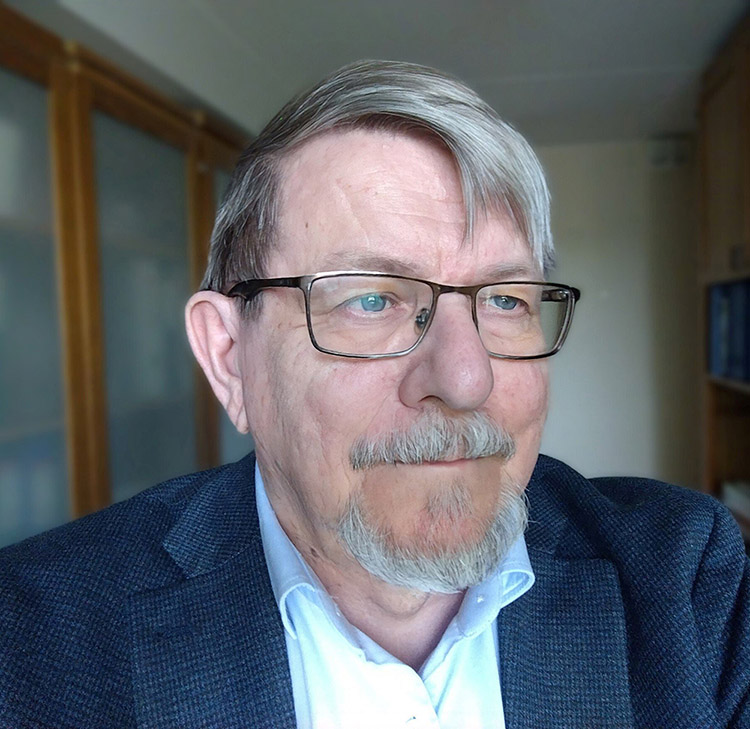
| Senior Specialist, Esko Juuso, has a DSc (Tech) in Control and Systems Engineering, Technical Faculty at the University of Oulu. He is an Adjunct Professor on Computational Intelligence and a Fellow of the International Society of Condition Monitoring (ISCM). He also has an MSc (Tech) degree in Technical Physics (Material Physics) from the University of Oulu. His has 40 years of experience in industry and joint research projects on intelligent systems applications, including fields of energy, water, environment, bioprocesses, pharmaceuticals, pulp and paper, steel and mining. He is the developer of the non-linear scaling methodology, which is currently used in various applications. His research interests are in the modelling and control of industrial processes with a special emphasis on combining intelligent control, fault diagnosis and performance monitoring into smart adaptive systems (SAS) and cyber-physical systems (CPS). He has been active in Esprit Working Groups and in European Networks of Excellence. His h-index is 26 with 2812 citations. ISCM Fellow Juuso is member of the ISCM Management Committee with an emphasis on publications. In the Scandinavian Simulation Society (SIMS), he has been on the Board since 1996 and the President from 2007-2013. He is a founding member of the Finnish Simulation Forum (FinSim) from 2006 and ISCM since 2010. In the Federation of European Simulation Societies (EUROSIM), he has been a member of the Board since 2006, the Secretary from 2007-2010, the President from 2013-2016 and the organiser of the EUROSIM 2016 Congress. Since 2002, he has chaired various SIMS, EUROSIM, ISCM events and other conferences, organised special sessions and presented plenary and invited talks. In the International Federation of Automatic Control (IFAC), he is an active member of the Industrial Committee and several Technical Committees. |
Hamid Reza Karimi

| Hamid Reza Karimi is professor of applied mechanics with the Department of Mechanical Engineering, Politecnico di Milano, Milan, Italy, and the honorary visiting professor within the School of Computing & Engineering at the University of Huddersfield, UK. Professor Karimi’s original research and development achievements span a broad spectrum within the topic of automation/control systems and intelligence systems with applications to complex systems such as vehicles, robotics and mechatronics. Professor Karimi is an ordinary Member of Academia Europaea (MAE), Member of The European Academy of Sciences and Arts (MEASA), Member of The European Academy of Sciences (MEAS), Member of Agder Academy of Science and Letters in Norway, Honorary Academic Member of National Academy of Sciences of Bolivia, Distinguished Fellow of the International Institute of Acoustics and Vibration (IIAV), Fellow of The International Society for Condition Monitoring (ISCM), Fellow of the Asia-Pacific Artificial Intelligence Association (AAIA) and also a member of the IFAC Technical Committee on Mechatronic Systems, the IFAC Technical Committee on Robust Control, the IFAC Technical Committee on Automotive Control, member of the board of Directors of The International Institute of Acoustics and Vibration (IIAV) and member of Management Committee of The International Society for Condition Monitoring (ISCM). Professor Karimi is the recipient of the 2021 BINDT CM Innovation Award, the Web of Science Highly Cited Researcher in Engineering, the 2020 IEEE Transactions on Circuits and Systems Guillemin-Cauer Best Paper Award, August-Wilhelm-Scheer Visiting Professorship Award, JSPS (Japan Society for the Promotion of Science) Research Award and Alexander-von-Humboldt-Stiftung research Award. Professor Karimi has been editor-in-chief, subject editor, technical editor or associate editor for several international journals and book series editor for Springer, CRC Press and Elsevier. He has also participated as general chair, keynote/plenary speaker, distinguished speaker or program chair for several international conferences in the areas of control systems, robotics and mechatronics. Professor Karimi is also the conference chair for the 2026 World Congress on Condition Monitoring (WCCM2026) in Milan, Italy. |
Muhammad Khan

| Dr Khan is the Acting Head of the Centre and Reader in Damage Mechanics at Cranfield University. He has over 22 years' experience in damage diagnosis and prognosis in structures and machine components. His past research work was sponsored by General Dynamics, US Marines, US Navy, UK Army, Atkins, QinetiQ, EPSRC, EU, HEC Pakistan, MoD and Strategic Research Fund, Malaysia. He has published more than 140 research articles with a successful supervision of 20 doctoral students. He is currently the course director of MSc in Maintenance Engineering and Asset Management. He is the recipient of the ‘Outstanding Contribution’ award in the category of best teacher and supervisor at Cranfield University. He is a member of the university course review committee and a member of the working group on research culture. Before joining Cranfield, he worked as an academic in Malaysia, KSA and Pakistan. He is a Chartered Engineer from the Engineering Council, UK, a Fellow of the Higher Education Academy, UK, and a Fellow of the Institute of Mechanical Engineers (IMechE), UK. He is also an active member of Condition Monitoring and Structural Health Monitoring Committees of the British Institute of Non-Destructive Testing (BINDT). He is an active member of the editorial and review panels of several internationally reputed journals and conferences.
Dr Khan received his doctorate in machine health diagnosis from The University of Manchester in 2008 and completed his post-doctoral research in damage diagnosis in 2011. His current research interest includes damage mechanics in structures and machine components, modelling asset life and relation with operational parameters, non-invasive techniques for asset health monitoring and smart materials and surfaces. |
Serhan Kirlangic
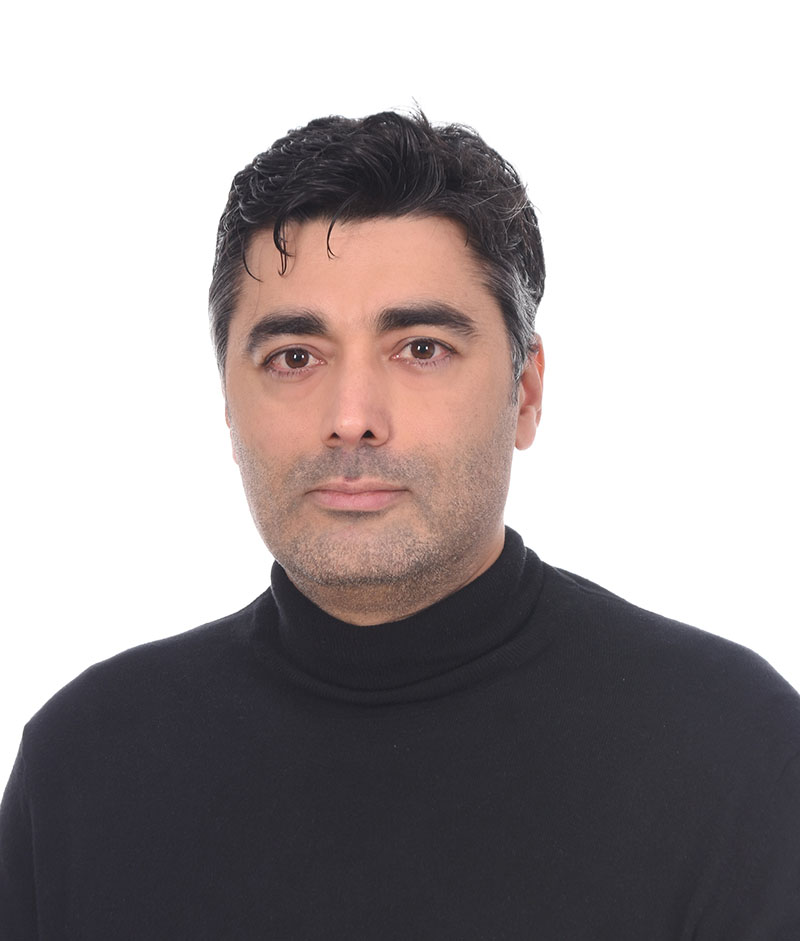 | Dr Serhan Kirlangic is a lecturer in civil engineering at Teesside University, UK, specialising in non-destructive testing (NDT) for civil infrastructure. He holds a PhD in Civil Engineering from the University of Waterloo, Canada, an MSc in Earthquake Engineering from Bogazici University, Turkey, and a BSc in Civil Engineering from Istanbul Technical University, Turkey.
Dr Kirlangic has extensive experience in experimental research in NDT. His research contributions include developing ultrasound and vibration-based techniques for corrosion assessment of reinforced concrete, crack depth estimation in concrete, integrity testing for precast concrete piles and asphalt pavement quality assessment. Previously, he has led Scientific and Technological Research Institution of Turkey (TUBITAK)-funded research on ultrasonic characterisation of concrete and contributed to the Framework Programme for Research and Technology (FP7)-funded PileInspect consortium, advancing pile integrity testing methods. His expertise in NDT is recognised through multiple high-impact journal publications, peer review roles for various Science Citation Index Expanded (SCIE)-indexed journals and research grant evaluations for the UK Research and Innovation (UKRI) Engineering and Physical Sciences Research Council (EPSRC) and TUBITAK. Dr Kirlangic also serves on the editorial board of Scientific Reports and is a member of the EPSRC Peer Review College. Beyond academia, Dr Kirlangic has professional experience in seismic assessment of buildings, bridge design and the ready-mixed concrete industry. |
Jérôme Lacaille
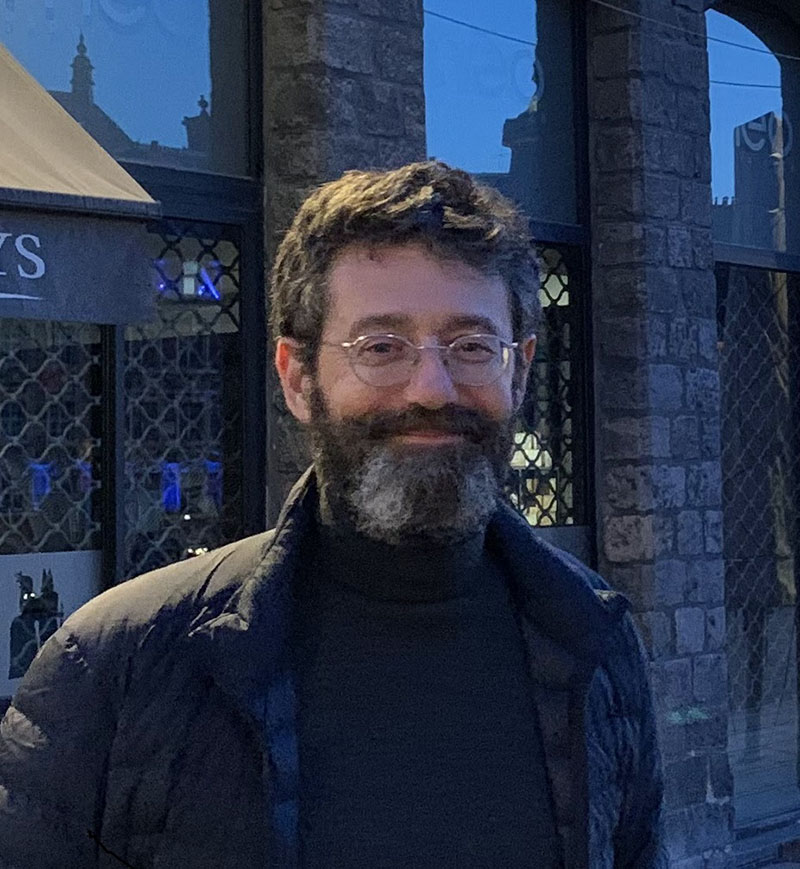
| Jérôme Lacaille is a mathematician and data science expert with extensive experience in academia and industry. A former student of the École Normale Supérieure (1985) and agrégé in mathematics, he was a lecturer at ENS Cachan before moving into applied research.
In 1992, he co-founded Miriad Technologies with Robert Azencott, developing data-mining and statistical tools for industrial applications in aeronautics and semiconductors. He later contributed to Miriad Process, an early graphical data analysis automation tool, and holds two patents in machine tool analysis and factory optimisation.
Since joining Safran Aircraft Engines (formerly Snecma) in 2007, he has played a key role in advancing data-driven decision-making, notably by developing Samanta, a data analysis platform for engine health monitoring. In 2014, he created Safran’s first DataLab, now a benchmark within the group.
Jérôme Lacaille also leads Safran’s Mathematics Network, organises monthly conferences and trains over 30 data analysts per year through the DataClimber program.
In parallel, he is a part-time professor at Université Sorbonne Paris Nord (USPN), vice-president of the Sorbonne Paris Nord Foundation (FSPN), a member of the Agence pour les Mathématiques pour l'Industrie et la Société (AMIES) Scientific Council and former vice-president of Société de Mathématiques Appliquées et Industrielles (SMAI).
|
| Tian Ran Lin | Dr Tian Ran Lin is currently a Distinguished Professor in Mechanical Engineering at Qingdao University of Technology, China, working in the field of vibration and signal processing, mechanical fault diagnosis and prognosis. He is a fellow of the International Society of Engineering Asset Management (ISEAM) and a senior member for a number of academic and professional societies. Dr Lin has authored or co-authored more than 100 research papers in the last 10 years and is regularly invited to review papers for over 40 reputable international journals. |
Michael G Lipsett

| Michael Lipsett is a professor in the department of mechanical engineering at the University of Alberta in Edmonton, Canada. He holds a PhD in robotics from Queen’s University. He currently holds the Poole Chair in Management for Engineers; and he is Director of Innovation, Creativity, and Entrepreneurship programs for the Faculty of Engineering. Mike has held technical and leadership roles in oil and gas, mining, and nuclear energy companies; and he consults in mechatronic systems reliability engineering for aerospace and energy companies. His research interests are the reliability and sustainability of integrated energy operations, transportation systems and other complex systems, with a focus on robotics and automation for inspection and diagnostics, as well as applications of machine learning and AI for asset integrity management. He teaches in the areas of engineering design, engineering economics, computer modeling of engineering systems, systems engineering, operations management and entrepreneurship. Mike has chaired several Canadian national research committees. He is part of three startups, one that develops and provides services using a patented amphibious robotics system for industrial environmental monitoring, another related to satellite-based remote sensing for asset management and smart agriculture and a third that is commercialising a distributed network of ice detection sensors. He has been a member of the management committee of the International Society for Condition Monitoring (ISCM) since 2013; and he is a Fellow of the US Society for Machinery Failure Prevention Technology (MFPT). Mike Lipsett is a registered professional engineer in Alberta. |
Radek Martinek
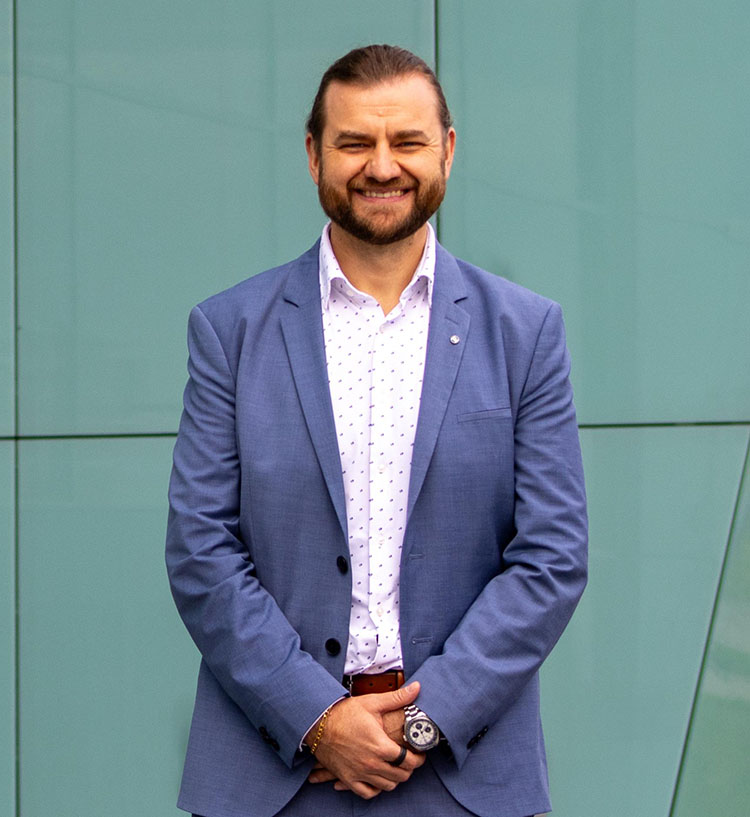
| Professor Radek Martinek is the Dean of the Faculty of Electrical Engineering and Computer Science at VSB – Technical University of Ostrava, Czech Republic, where he also serves as a Professor of Cybernetics and the University Coordinator for Space Research. He leads the Signal Lab Research Group, focusing on advanced signal processing methods, sensor systems development and applications of artificial intelligence in medicine, industry and space research. His work includes non-invasive physiological monitoring, predictive maintenance, virtual instrumentation and the design of systems for smart cities, healthcare and space missions.
He is the author of more than 370 scientific publications indexed in Scopus, including over 150 in impact-factor journals and holds 11 national patents. His research results have been repeatedly commercialised and applied in both industrial and clinical practice. He is an active member of scientific boards in the Czech Republic and abroad and serves as Vice-Chair of the Czech Society for Artificial Intelligence and Innovative Digital Technologies in Medicine. He is also a Senior Member of IEEE and has consistently ranked among the world’s top 2% most cited scientists according to Stanford University. |
Igor Meglinski

| Igor Meglinski is a professor of quantum biophotonics and biomedical engineering at Aston University, UK. He is a faculty member in the School of Engineering and Technology at the Department of Mechanical, Biomedical & Design Engineering and is also affiliated with the Aston Institute of Photonic Technologies (AIPT) and Aston Research Centre for Health in Ageing (ARCHA). He has authored over 450 publications in peer-reviewed scientific journals and conference proceedings, in addition to more than 20 book chapters, seven books and several patents. He has delivered over 800 presentations at major international conferences, symposia and workshops, including over 300 keynote, plenary and invited lectures, as well as more than 100 invited talks at universities and international research centres. In 2024 Professor Meglinski was recognised among the Top 100 in Photonics and as one of the Top 100 influencers in Life Sciences. He is a Chartered Physicist (CPhys) and Chartered Engineer (CEng), Senior Member of IEEE, Fellow of the Institute of Physics (IoP), Fellow of the International Institute of Acoustics and Vibration (IIAV), Fellow of the Royal Microscopical Society (FRMS), Fellow of SPIE and OPTICA (formerly Optical Society of America). His current research interests lie at the intersection of modern physics, optics and imaging modalities, with a focus on novel photonics-based phenomena and their practical applications in fields such as medicine, biology, environmental diagnosis, food sciences and healthcare. |
Paweł Niewczas
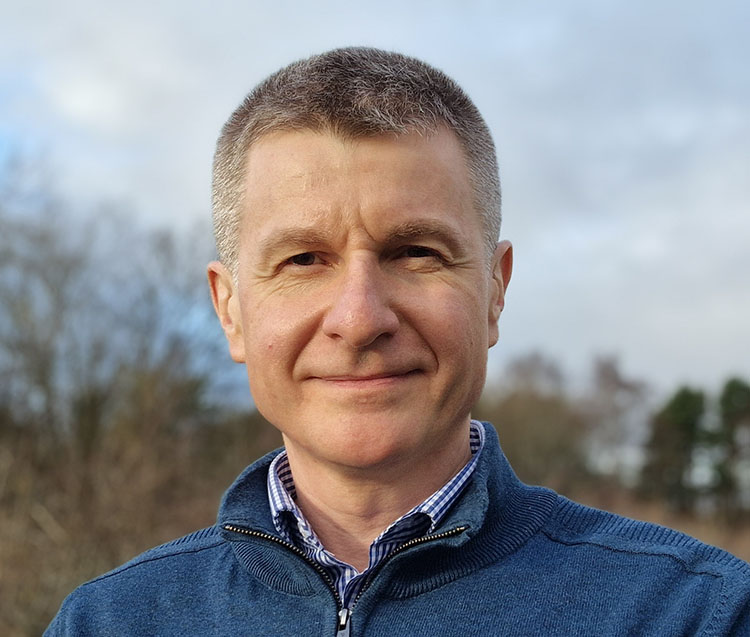 | Professor Paweł Niewczas is an academic and R&D leader specialising in photonics, fibre-optic sensing, measurement and instrumentation, with over 25 years of experience leading research programmes and consortia. He obtained his MSc in Electrical Engineering from the Technical University of Lublin (1995) and his PhD in Optical Current Sensing from the University of Strathclyde (2000).
He leads the Advanced Sensors Team at the University of Strathclyde’s Institute for Energy and Environment, focusing on photonic instrumentation. His research spans power system monitoring, control and protection, as well as structural and environmental monitoring in the oil and gas, renewable energy and nuclear sectors. He has authored over 140 publications and holds six patents in these areas.
Professor Niewczas is also a co-founder and R&D director of the spin-out company Synaptec, which specialises in photonic instrumentation for the power grid.
Professor Niewczas teaches a range of undergraduate and postgraduate courses in electronic and electrical engineering. He currently serves as Graduate School Director in the Department of Electronic and Electrical Engineering at Strathclyde. Externally, he has held several leadership roles within the Institute of Electrical and Electronics Engineers (IEEE) Instrumentation and Measurement Society, including IEEE Distinguished Lecturer, General Chair and Technical Chair of the I²MTC Conferences and member of the Faculty Development Award Committee. He is also an Associate Editor of the MDPI Sensors journal. |
Jianfeng Zhong
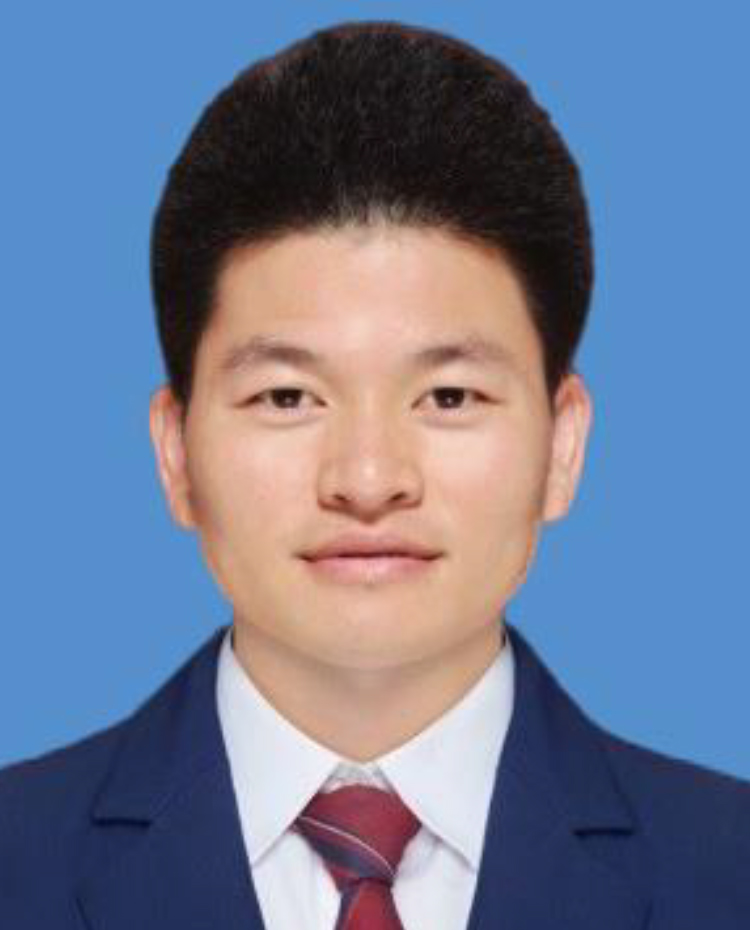 | Professor Jianfeng Zhong received his PhD degree in Mechatronics Engineering from the School of Mechanical Engineering and Automation at Fuzhou University in 2018. In 2023, he was a senior research fellow at the University of Huddersfield. He is currently a Professor at Fuzhou University. His research interests include intelligent sensing and diagnosis using optical and vision-based methods. Professor Zhong has led 14 national-level and provincial-level projects, including the National Natural Science Foundation of China, contributing significantly to the field of structural dynamic measurement. He has proposed a series of measuring methods and systems suitable for sensing multi-dimensional dynamic parameters using a camera and a displacement-sensitive fringe pattern, particularly for the 3D vibration and rotational parameter measurement of rotating shafts. He has published over 50 papers and holds 23 Chinese patents as well as one US patent. Professor Zhong has received the ‘Outstanding Mechanical Doctoral Dissertation Award’ from the 9th China Mechanical Engineering Society; two first prizes and one third prize for scientific and technological progress in Fujian Province, China. |
Shuncong Zhong
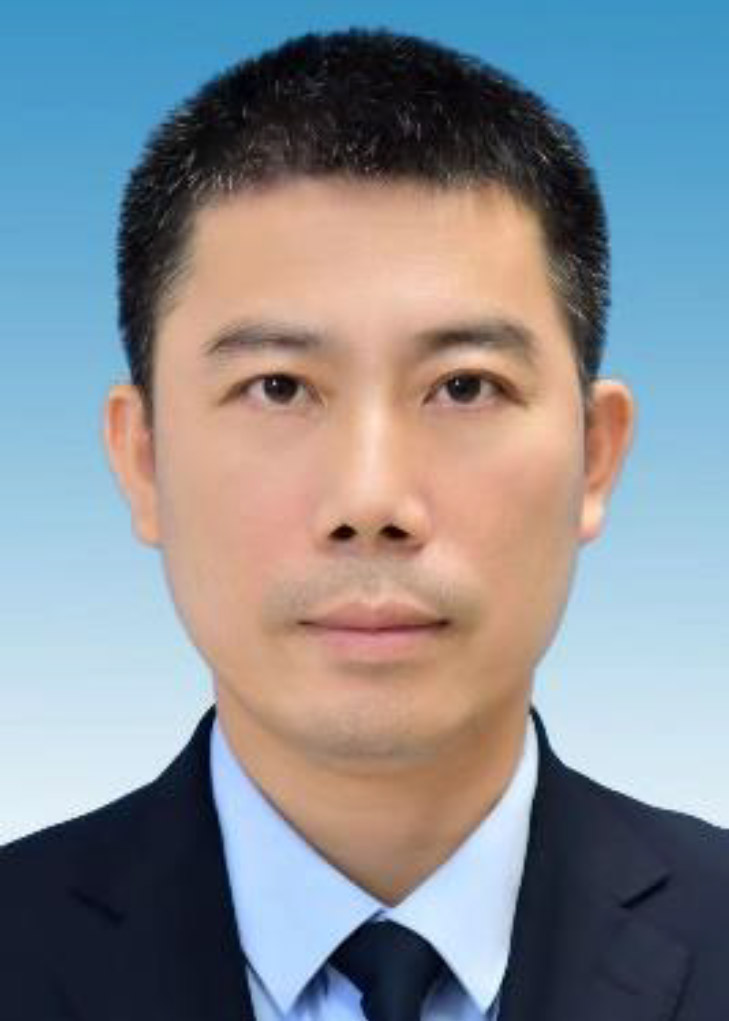 | Professor Shuncong Zhong got his PhD degree from the University of Manchester, United Kingdom, in 2007. He has had several years industrial and academic career in Mindray Company Ltd, Imperial College London, University of Liverpool, University of Strathclyde, Shanghai Jiaotong University and Fuzhou University. Currently he is chair professor of mechanical engineering, school of mechanical engineering and automation in Fuzhou University. His research interests are on optical and terahertz instrumentations, non-destructive testing and evaluation, structural health monitoring, machinery condition monitoring, intelligent sensing and diagnosis, signal and image processing and pattern recognition for diagnosis and prognostics. He has held more than 100 Chinese, USA and UK patents and has published four book/chapters, one ISO standard and more than 300 journal papers (approximately 5000 Google Scholar citations) in mechanical systems and signal processing, optics and lasers in engineering, structural control and health monitoring, IEEE transactions, an ASME transactions. He was elected as a Fellow of the Institution of Engineering and Technology, a Fellow of International Society for Condition Monitoring and a Fellow of The International Institute of Acoustics and Vibration in 2018, 2020 and 2022 respectively. |
Antonio Zippo
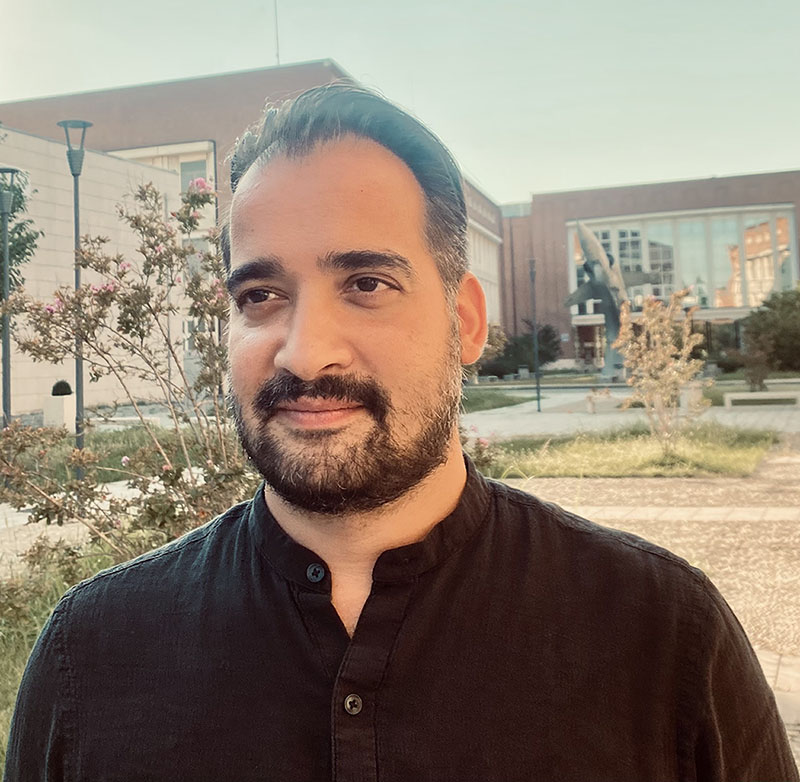 | Professor Antonio Zippo is a professor of mechanism and machine theory, applied mechanics and mechanical vibration at the ‘Enzo Ferrari’ Department of Engineering, University of Modena and Reggio Emilia (UNIMORE). With a PhD in advanced mechanics and vehicle techniques, he specialises in non-linear dynamics, vibration analysis and predictive maintenance. His research covers chaos theory, fluid-structure interactions, bioengineering and non-linear dynamics of Parkinson’s disease.
He has led and contributed to several high-profile projects, including NATO's CoMetA, Theoretic and Refiman, focusing on digital twins, predictive diagnostics and sustainable technologies. His work has been supported by grants such as FAR 2022 and Consorzio Futuro in Ricerca (CFR) for controlling pathological tremor dynamics.
Professor Zippo teaches courses in multi-body dynamics, mechanical vibration, prognostic and predictive maintenance and more. He has published 84 articles, has an h-index of 13 with 412 citations and was nationally qualified for full professor in 2023.
His recent research emphasises non-linear dynamic coupling of electric powertrains and metamaterials. He is part of the NVH and Powertrain Vibration Laboratory at UNIMORE. |














